New week, new card!
Adding the cover picture to cards mined from books is a small thing that can make a world of difference when reviewing! Extra excitement: audiobook audio! Books truly are such a great way to learn new words.
The approaching JLPT this December has gotten me thinking more and more about what I was doing this time last year in preparation. It was a really exciting, but incredibly nerve-wracking, time for me. Compared to all of my grammar books though, I had a smaller stack of 読解/reading comprehension focused books.
I’ll start with my favorite little weird guy on top: 実力アップ!日本語能力試験 N1 読む(文章の文法・読解).
I bought this book completely on a whim years ago, so I was happy to finally put it to use last year. I started my 読解 adventures with this one because in my brain, the smaller sized book meant it would be easier. It was not necessarily the case, but I was going with it!
This book contains all the typical reading style questions you would expect to see on the JLPT. However, instead of just telling you what the correct answers are and moving on, you get just a little bit more depth here. There are very brief explanations for why something is correct or incorrect, as well as a section that rephrases some of the sentences from the passage in a more simple way. It was fantastic grammar and sentence pattern review and learning because of this! In addition to those, there are also tons of small vocabulary lists related to each passage at the end. So I think this ended up being my favorite book because while it focused on the reading comprehension style questions, it also made sure to nurture more aspects of Japanese alongside it. This is one I completely finished!
Next up, my second favorite book! It’s a very close second if I’m being honest.
読解攻略!日本語能力試験N1レベル
The reason I like this one is because of the strategies at the start of each section. You’re given an example question, and then points of advice to tackle the problem. This helped me to focus better during the passage, and interact with it more while reading. The 攻略 part of the title really came in handy. It was as if I was reading through a video game strategy guide! It definitely helped to make doing this a bit less bland. Another reading book that I completely finished!
Next book in the stack is not necessarily JLPT focused, but I did do a few questions from it so I wanted to talk about it briefly.
新訂版 読むトレーニング 応用編 日本留学試験対応
It’s another book that has translations in a few languages, so that alone is kind of neat. Once again, you’re given a bunch of passages with questions to work through. There’s a variety of sections that try to tackle different things, including when to spot and deal with metaphors and the like. I notably did not get very far into this, but honestly it seems like a perfectly fine book!
The final purely 読解-related book I had was the big lad himself: 新完全マスター読解 日本語能力試験N1
I’m sure if you’ve been studying for the JLPT, you’ve come across the Shin Kanzen Master series before. For strictly studying purposes, I do like the series. They’re dense and to the point, so I can respect that. However, they’re also boring as sin. This was the last reading comprehension book I used before just moving on to the all-in-one stuff (I’ll post those at a later time!) and I think I was getting really sick of doing so much of these style of questions. It’s a fine book, and I fully believe if you can get through it in its entirety, you will come out of it better at Japanese in some capacity. I’m probably going to donate this one soon though because lord help me I don’t want to look at it again.
Outside of utilizing these books, I also took to YouTube! The biggest perk of using YouTube for practice is that it can double as listening practice too. Also, you can see how long the videos are and so it’s easier to set aside time for practice.
Meshclass Japanese has videos, like this one for example, that go through questions and show how to solve them.
Nihongo no Mori/日本語の森 also has plenty of free videos available for all JLPT levels, but there were videos like this one that I found especially helpful for reading comprehension.
There are a few other channels that cover 読解 questions on YouTube as well, so searching something like 読解 N1 is something I frequently did.
When I wanted to read native material that felt more in line with JLPT content, I’d usually read the news and then find an associated 社説/editorial based on that news article. This way, I could gain a bit more vocabulary from the shorter news article before having to dive deeper into something with a bit more complicated language and opinions. I mostly stuck to Yahoo!’s 社説 section, but would pretty much just use Google to find things anywhere else.
My strategy for tackling these was basically to just stick to one topic, read a few news articles on it, and then also read a few editorials on the same topic. This way I’d get less overwhelmed by vocabulary, even though there was still a ton of new vocab coming in. At least what I was learning was constantly getting reinforced.
So that’s all the JLPT-specific 読解 practice I did! Now on to the fun stuff.
I think I finished about 68 books in 2022, most of them, if not all of them, being before the N1 test date. Reading extensively and with a smidge of variety was extremely important. I’m sure people pass the JLPT all the time without even touching fun native media, but to be honest that sounds too painful for me!
The first book I ever read with high comprehension was after I did those months of grammar study. I had been reading web novels here and there during that time as well, but reading and finishing また、同じ夢を見ていた was a really important part of my JLPT journey, and my Japanese language learning journey as whole. I was seeing so much of the grammar I had studied, and there wasn’t too many unique words in the book. It was a great way to get used to reading and solidify the knowledge I had while still learning new words. I was an incredibly slow reader at this time, but finishing it gave me the thirst for more reading.
Next book I read was 国境の南、太陽の西, which felt like a step up from the first book in terms of language and themes. That being said, it still felt easier than any other time I tried to read a Murakami book, so I felt extremely motivated to just keep reading. Looking back, I don’t enjoy the actual story so much. However, I have a lot of fondness for this book simply because of the memories of it being my second high comprehension book I’ve finished.
From there on, the order of what I read gets a bit fuzzy. I read some smutty things due to the easy language, and also some things more in line with また、同じ夢を見ていた. I got really into light novels, especially the 本好きの下剋上 series. Because I was using JPDB as my SRS at the time, I could actually see what my vocabulary coverage was on certain books and choose them that way. This meant I was rarely reading anything that ever felt too hard, and could find books based on the vocabulary I already knew.
If you use Anki, you could probably utilize Learn Natively to find books to try out too. I still take issues with labelling native content with JLPT scores, but I think just looking at the colors and number groups can be helpful. また、同じ夢を見ていた is purple and 25, so it would be a pretty good book to start with if you’ve studied grammar before and have a couple thousand words under your belt already.
So while I did do plenty of formal study, I think reading more than 50 books in 2022 helped me greatly. I participated in Tadoku competitions, and actually ended up winning the round right before the JLPT! I literally meal prepped more than usual those couple weeks just so I could spend as much time as possible reading books.
All of that reading I did meant that I learned how to read a bit quicker, so thankfully I never ran out of time in my JLPT practice questions or the test itself. But boy did I sure start out slow! Turns out, the more you do something the easier it gets! Who knew!?
I think I’ll have more to say on just how much reading books helped my overall Japanese in another post, but it definitely helped with my reading ability!
Thank you all for taking the time to read this post! If you’re one of the many people taking the JLPT next month, best of luck! I am rooting for all of you.
See you next time!!

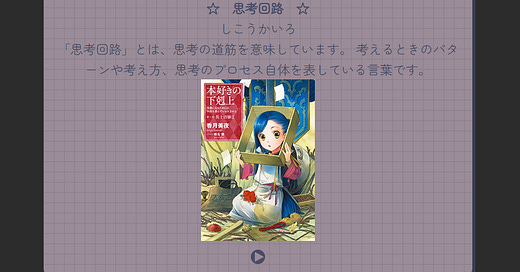



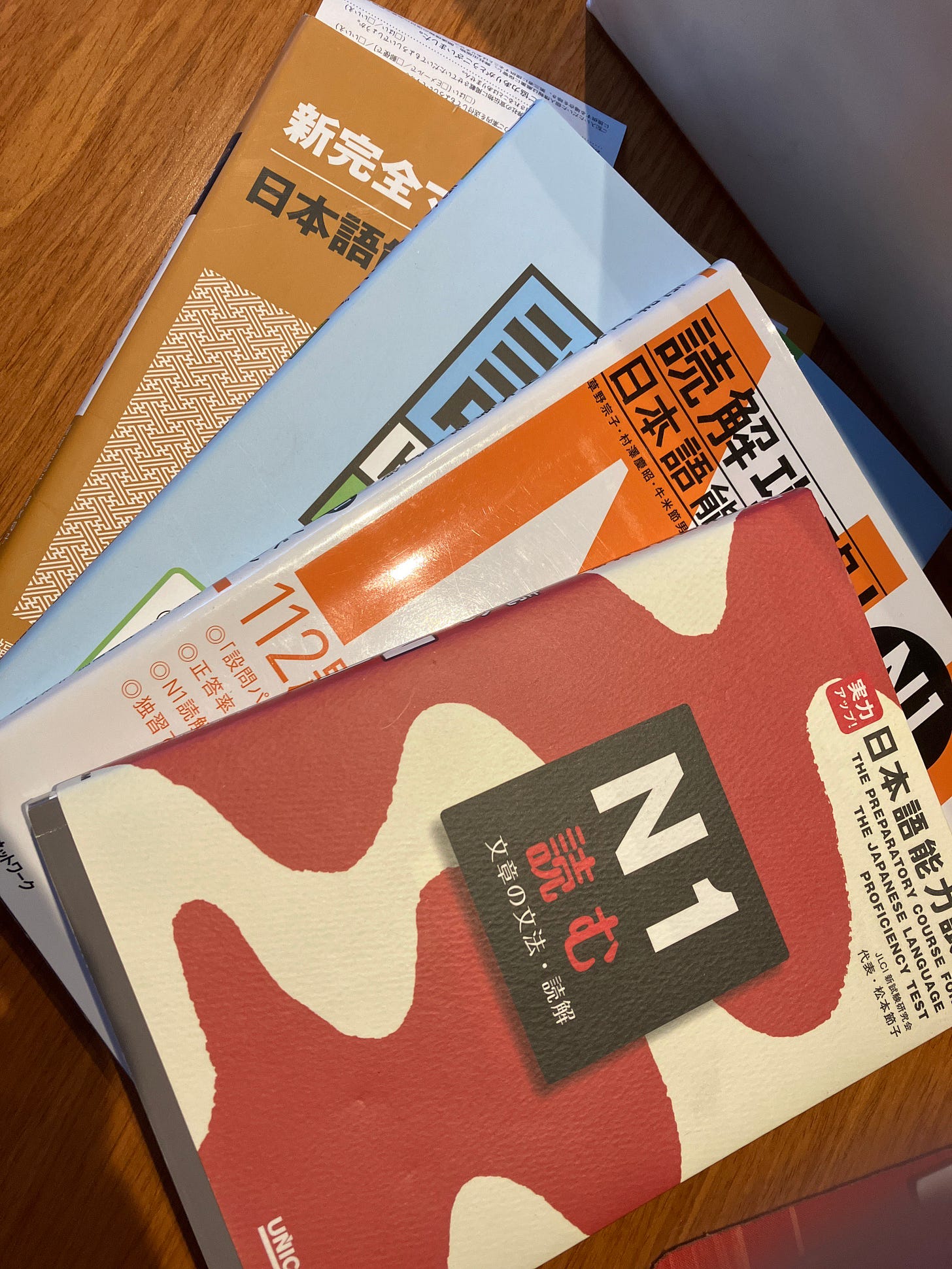

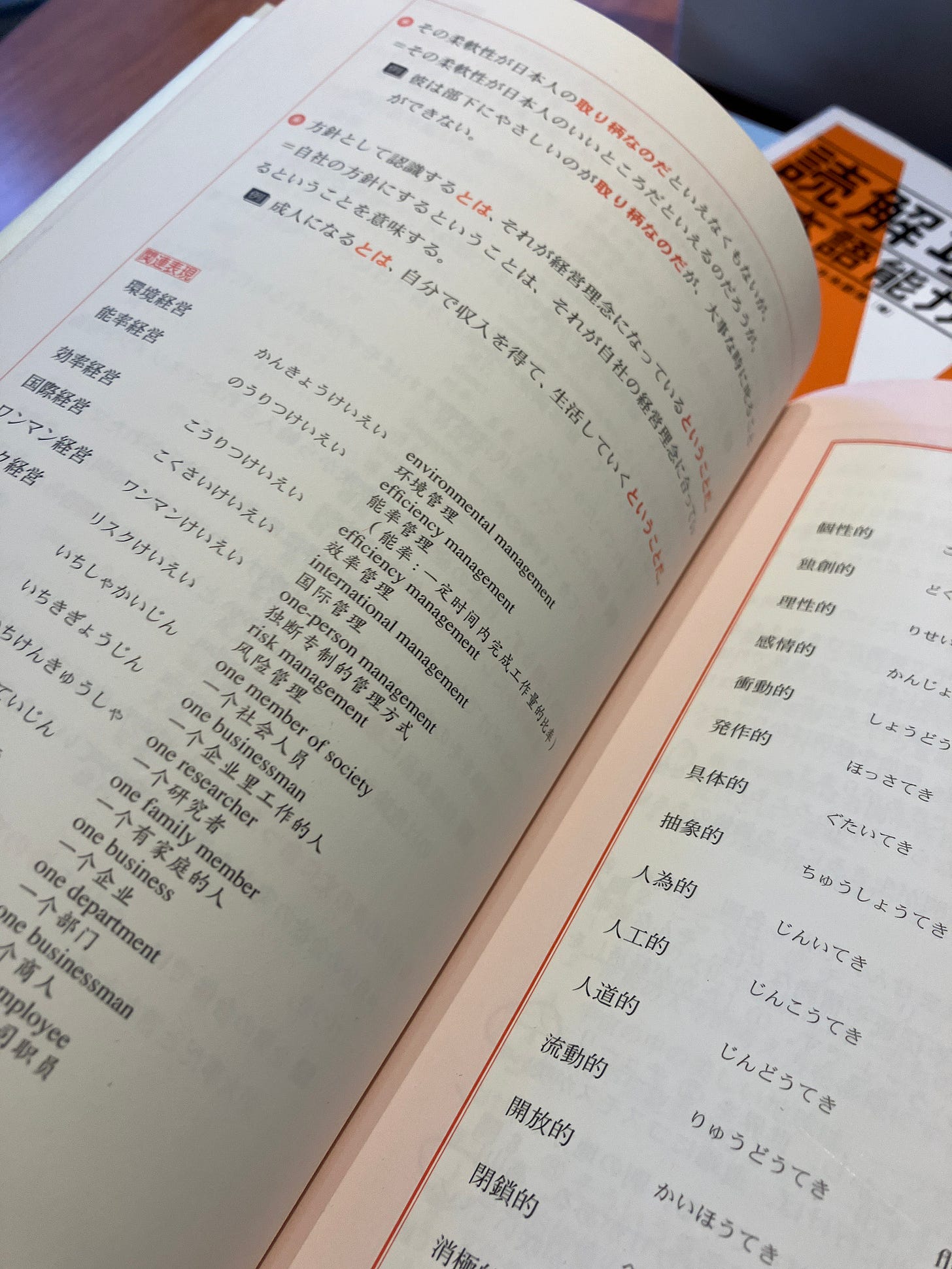

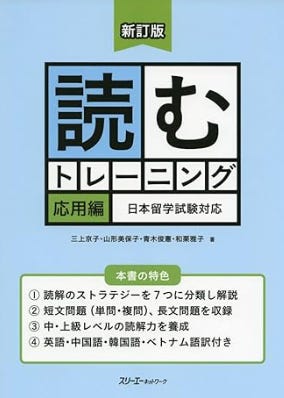


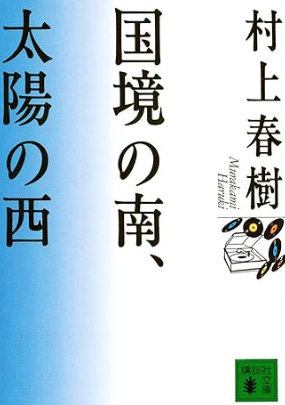

I REMEMBERED! So about the 読むトレーニング 応用編 book you mentioned. Did you find the metaphors in there useful? I feel like metaphors and idioms is one of those things that can get even advanced learners, because you might misinterpret them easily. If it doesn't make any sense, you can just simply look the whole sentence up and see the meaning. But if your misinterpretation kind of "makes sense" in the context, you might be understanding a very different thing from what is actually being told. What's your experience with this? I presume this is also something that gets more natural and easier the more you read and get more cultural awareness.
The only JLPT prep book I physically own is the 日本語総まとめN3読解, which I didn't use for prep in the end because I had a bit of a hard time understanding it back in the day (this was 2017 when I took the N3). And I still somehow got 60/60 points in the 読解!!? (still not sure how, I did find the readings and the questions on the easier side of things but I recall answering some questions with a "this is my best guess" strategy).
Anyways, going back on topic, I still plan on reading the 総まとめN3読解 sometime because I found what I read pretty nice: the readings in it feel like helpful examples of day-to-day Japanese including reading directions/dates/signposts, letters or newspapers. Not sure how good of a prep those are, but I feel like I can learn useful things reading it, haha. I haven't heard many great things about the 総まとめ文法 ones, but I don't remember the exact criticisms (probably lackluster explanations of the grammar points). But I might still eventually get the 総まとめ読解 ones for N2 and N1.
I didn't know about the Meshclass Japanese YT channel! Looks good!
On the news reading side of things, which newspapers (I'm assuming online ones) or websites did/do you use? So far me being intermediate level I have only used NHK NEWS EASY, but I'm also not a huge news/newspaper enjoyer (not even in my native language) so I haven't read that too often either.
I think I wanted to ask you something else, but i forgor :c